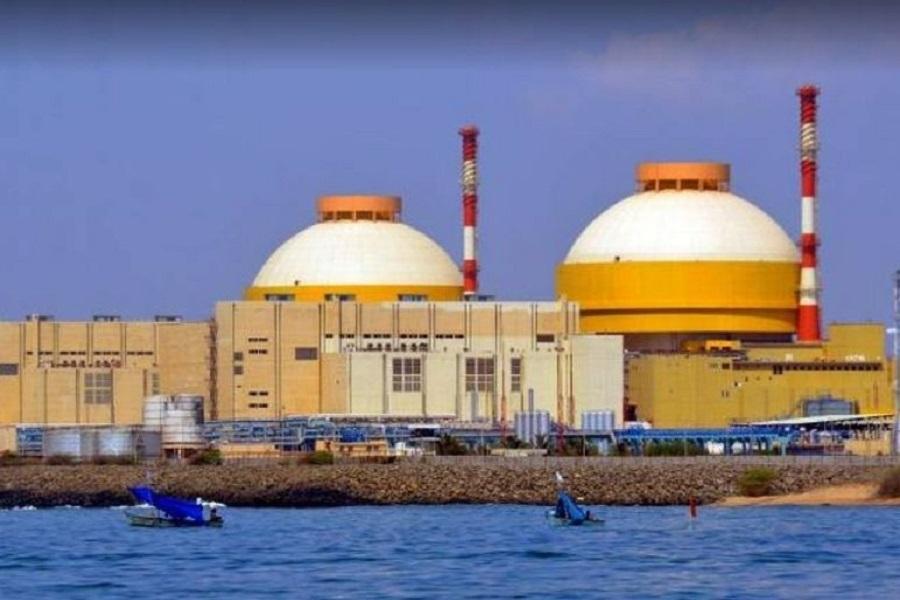
Centre Reviews 100 GW Nuclear Mission to Boost Clean Energy Goals
In a significant move to accelerate India’s clean energy ambitions, Union Power Minister Manohar Lal Khattar and Minister of State for Atomic Energy, Dr Jitendra Singh, convened a high-level meeting on Friday to review the 100 GW Nuclear Energy Mission. This meeting is a follow-up on Prime Minister Narendra Modi’s ambitious target of expanding India’s clean energy basket and reaffirms the country’s commitment to achieving Net Zero emissions.
The 100 GW Nuclear Energy Mission is a crucial component of India’s efforts to reduce its carbon footprint and transition towards a low-carbon economy. The mission aims to increase the country’s nuclear power generation capacity from the current 6,700 MW to 100 GW by 2031. This would not only significantly reduce India’s dependence on fossil fuels but also help in achieving the country’s climate change mitigation goals.
The meeting brought together top officials from the Ministry of Power, Ministry of Atomic Energy, and the Nuclear Power Corporation of India Limited (NPCIL) to discuss the progress made so far and chart the way forward for achieving the 100 GW target. The meeting also focused on the key challenges and opportunities that need to be addressed to ensure the success of the mission.
According to reports, the meeting highlighted the need for a coordinated effort from all stakeholders, including the government, industry, and academia, to achieve the 100 GW target. The officials also emphasized the importance of developing indigenous nuclear technology and manufacturing capabilities to reduce dependence on imports.
The meeting also discussed the need for policy and regulatory reforms to create a conducive environment for the growth of the nuclear energy sector. This includes simplifying the licensing process, streamlining regulatory approvals, and providing incentives for private sector participation.
In addition, the meeting touched upon the need for public awareness and education campaigns to build trust and confidence in nuclear energy. This is crucial to address concerns and misconceptions about nuclear power and to ensure public acceptance of nuclear energy projects.
The 100 GW Nuclear Energy Mission is also expected to create a significant number of job opportunities and stimulate economic growth. The nuclear energy sector has the potential to attract foreign investment and create a skilled workforce, which would have a positive impact on the overall economy.
India’s nuclear energy sector has been growing steadily over the years, with the country’s nuclear power generation capacity increasing from 1,200 MW in 2000 to 6,700 MW today. The sector has been driven by the country’s commitment to achieving energy security and reducing its dependence on fossil fuels.
The nuclear energy sector is also critical to achieving India’s climate change mitigation goals. Nuclear power is a low-carbon source of energy that can significantly reduce greenhouse gas emissions and help India meet its targets under the Paris Agreement.
In conclusion, the high-level meeting to review the 100 GW Nuclear Energy Mission is a significant step towards achieving India’s clean energy goals. The meeting has emphasized the need for a coordinated effort from all stakeholders to overcome the challenges and achieve the target. The success of the mission will not only help India reduce its carbon footprint but also create a significant number of job opportunities and stimulate economic growth.






